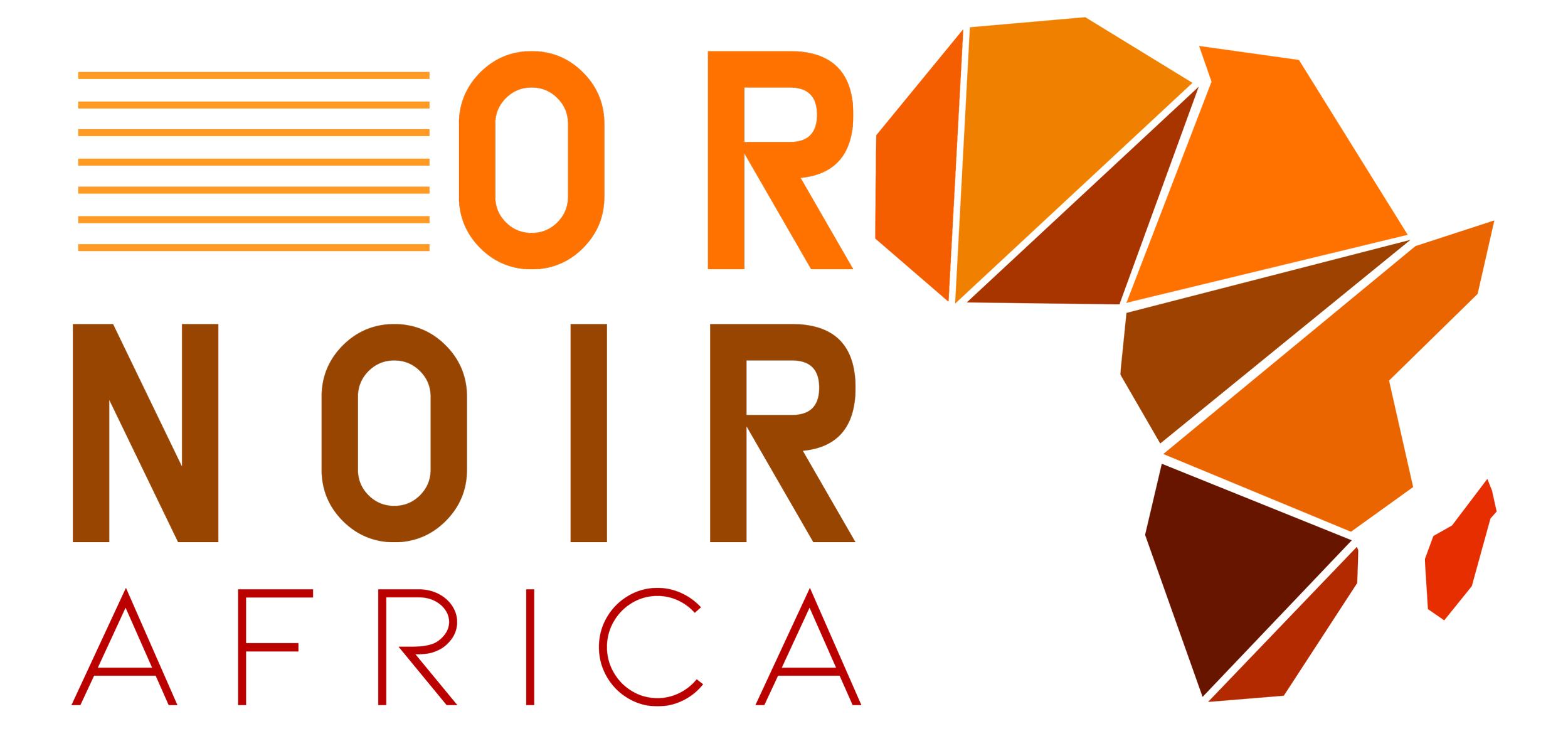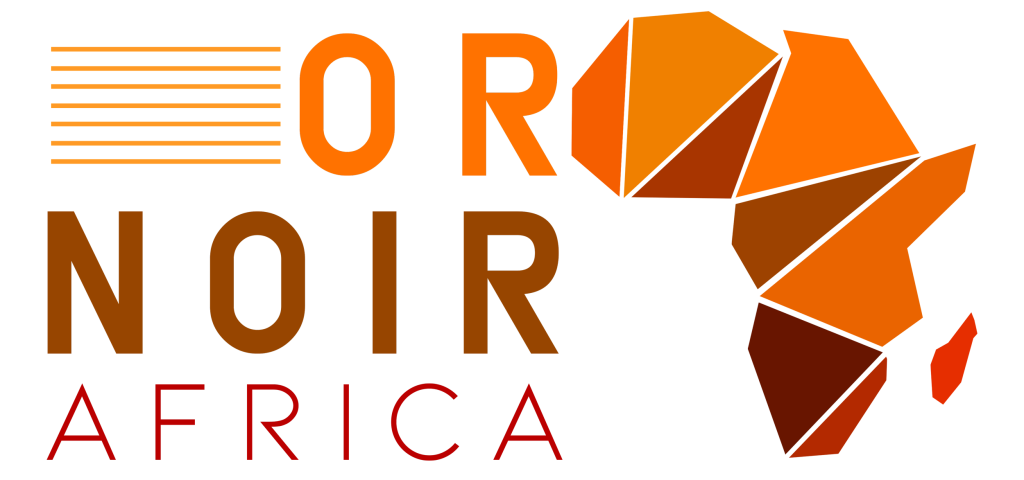The mining sector in the Kédougou region of south-eastern Senegal is confirming its role as an economic engine, with impressive figures for 2023. According to a recent report by the Extractive Industries Transparency Initiative (EITI), mining companies operating in the area generated a total contribution of CFAF 147.08 billion (around USD 245.13 million), of which CFAF 139.5 billion went directly to the state budget. These results testify to the growing vitality of the Senegalese extractive sector and its impact on national development.
Kédougou's performance in 2023 marks a clear improvement on previous years. In 2022, mining revenues amounted to CFAF 102 billion, up from CFAF 76 billion in 2021. This significant rise is due to an increase in flows linked to income tax on securities and dividends paid to the State. With a contribution of 85.61% to national extractive revenues (i.e. FCFA 235.71 billion out of a total of FCFA 275.33 billion), the Kédougou mining sector is consolidating its strategic position in the Senegalese economy.
Over and above the figures, this dynamic is having a tangible impact on employment. By 2023, the region's mining companies had created 2,755 direct jobs, representing a wage bill of CFAF 45 billion. These opportunities, mainly linked to the mining of gold, Senegal's leading export product, offer a breath of fresh air to a historically landlocked region located 700 km from Dakar.
The Kédougou region owes its mining prosperity to its rich gold deposits, which attract both industrial and artisanal gold miners. While industrial mining dominates official revenues, informal gold panning remains a significant local reality, albeit one that is difficult to quantify. This duality illustrates the challenges of formalisation and governance that the Senegalese government must face to maximise the benefits of the sector.
The EITI report also highlights a wider contribution from extractive revenues, reaching 380 billion FCFA in 2023 according to some estimates relayed locally. This figure includes oil and gas revenues, but Kédougou remains at the forefront thanks to its gold mines, where production has increased in recent years.
This economic performance is in line with the vision of the Senegal Emerging Plan (PSE), which aims to transform natural resources into vectors for inclusive growth. The CFAF 139.5 billion injected into the national budget should finance infrastructure, education and health projects, all priorities for a region where needs are still crying out. However, the question of equitable distribution of wealth and environmental impact remains a key issue, while local communities are calling for their expectations to be better taken into account.
On the strength of these results, Senegal aims to strengthen its position in the African mining sector. The Kédougou region, with its still under-exploited reserves, could play a central role in this strategy. However, increased revenues will have to be accompanied by greater efforts in terms of transparency, formalisation of artisanal mining and securing investments to maintain this upward trajectory.
In the meantime, Kédougou is emerging as a symbol of Senegal's mining renaissance, combining economic opportunities with governance challenges in a region where gold shines as brightly as it raises questions.


